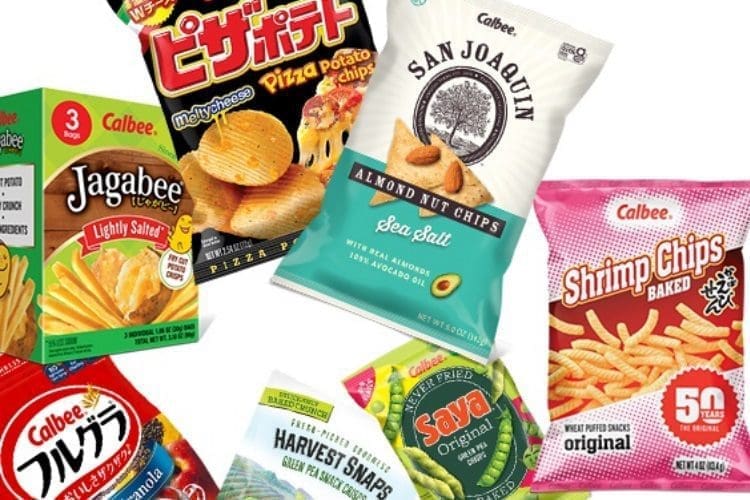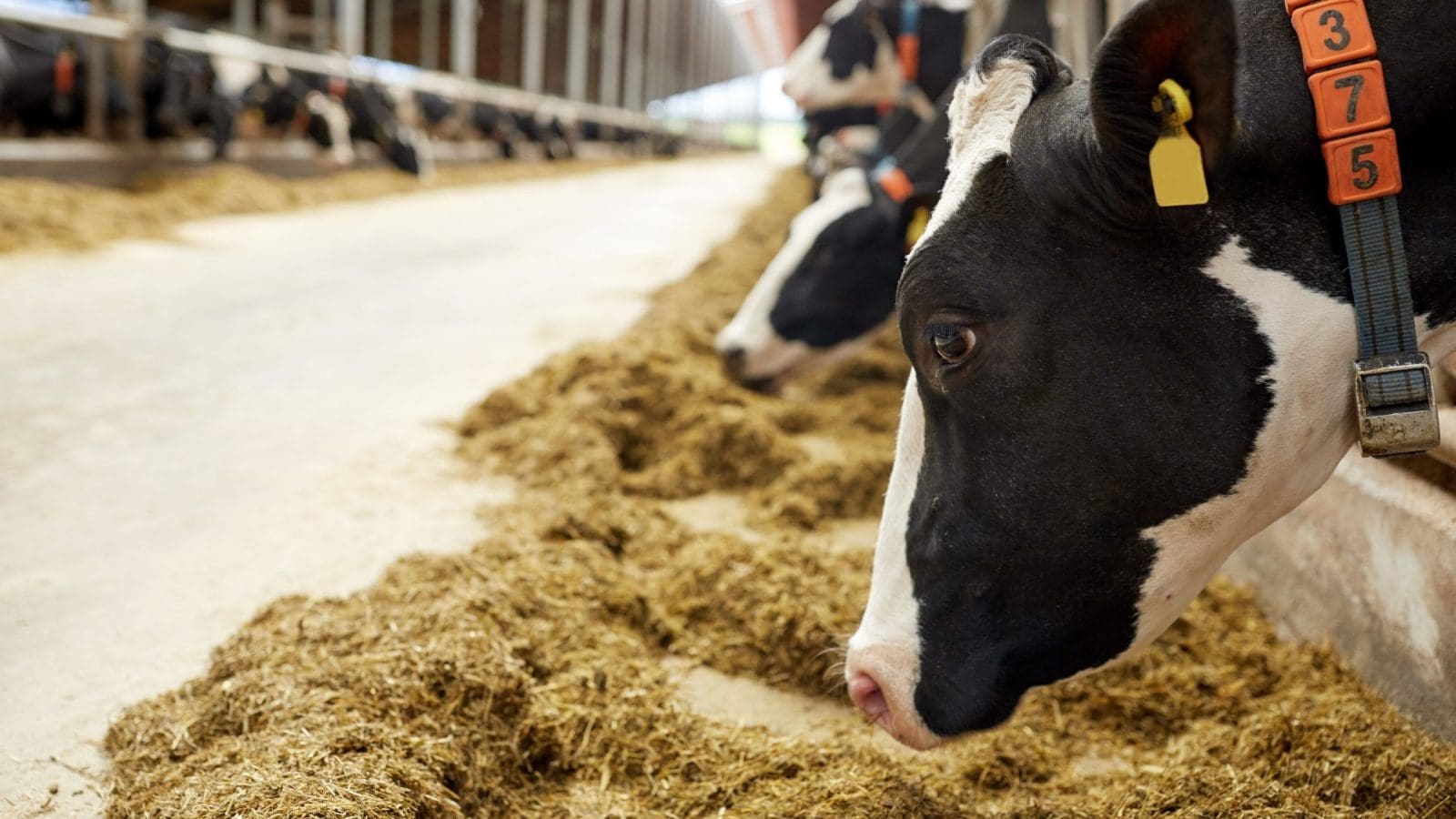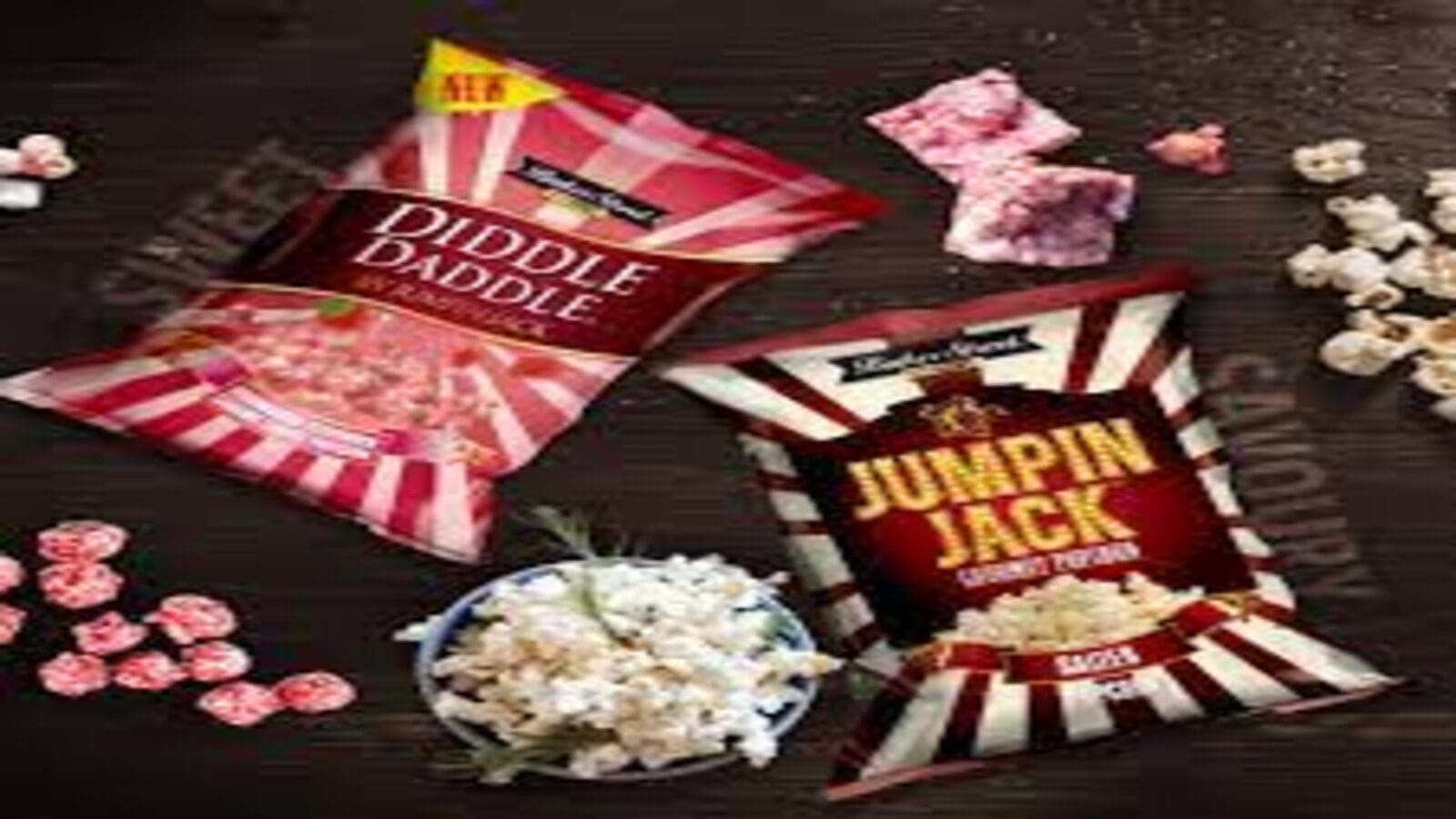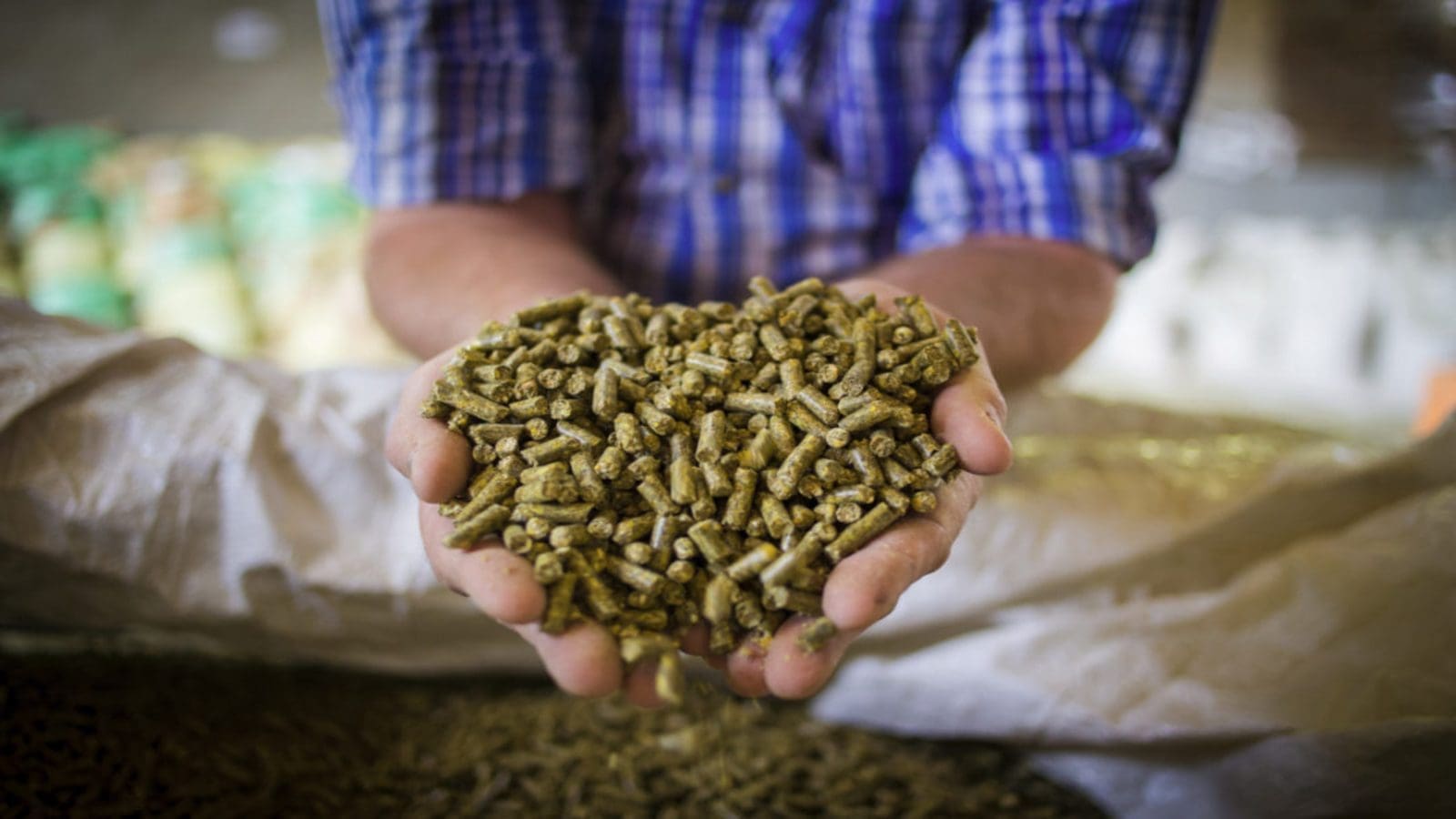JAPAN – Japanese snack food maker, Calbee, plans to invest about 140 billion yen (US$1 billion) in automation, mergers and acquisitions (M&A), and facility upgrades to bolster its operations both at home and abroad.
According to COO and incoming President and CEO Makoto Ehara, the company has earmarked North America and China as key markets to boost its recognition as a Japanese brand.
Founded in 1949, the Japanese brand is hugely popular for Harvest Snaps veggie snacks, Kappa Ebisen shrimp chips, and Jagabee potato fries.
From the envisioned investment, around 80 billion yen (US$588m) will be spent on M&A deals to expand international operations, along with refurbishments to plants and equipment across the board.
An additional 60 billion yen (US$441m) will be used to enhance productivity via automation and environmental, social, and governance measures.
As reported by Baking and Snacks, Calbee is banking on a return on investment (ROI) that will see margins on its home improvement, while advancing its presence in overseas markets.
According to the company revenue data for the year that ended in March 2022, 23% of the company’s revenue came from overseas markets.
With the new investments the company is aiming at raising the overseas revenue to 30%-35% by 2025.
Further, as part of its expansion strategy, the Tokyo-headquartered company recently announced plans to build a 52 billion yen (US$478m) plant in Hiroshima, with an estimated production capacity to churn out 28 billion yen (US$206m) worth of snacks annually.
The proposed facility is expected to be up and running by December 2024, according to the company statement.
Meanwhile, like other businesses globally, the company has been experiencing economic pressure following the ongoing volatility in the global market.
Last year, the company announced plans to raise prices on the firm’s snacks and cereals by as much as 20% due to rising raw material costs.
Expounding, Calbee said in a statement that rising input costs have had a “serious” impact, as opposed to the “sharp increase” the business had communicated earlier, making it have no choice but to adjust the prices by 10-20%.
For all the latest food industry news from Africa and the World, subscribe to our NEWSLETTER, follow us on Twitter and LinkedIn, like us on Facebook and subscribe to our YouTube channel










